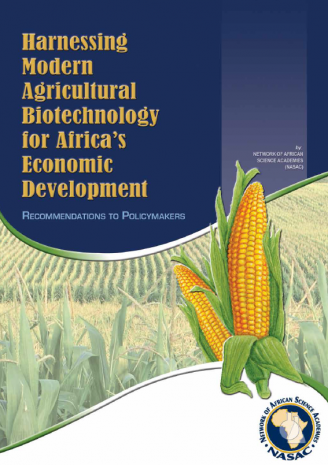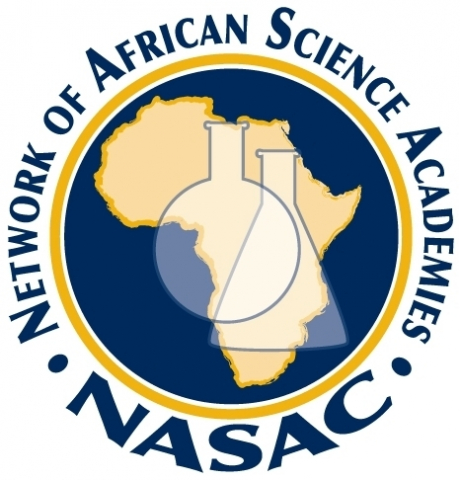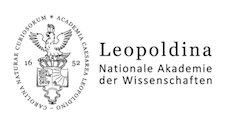
NASAC - The Network of African Science Academies, with the endorsement of its members, has published a science-policy document entitled: Harnessing Modern Agricultural Biotechnology for Africa's Economic Development - Recommendations to Policymakers. The document focuses on why adoption of Agric-Biotech is important to Africa. It is an output from the cooperation between NASAC and the German National Academy of Sciences Leopoldina. The cooperation project between NASAC and the Leopoldina was funded by the German Federal Ministry of Education and Research (Bundesministerium für Bildung und Forschung, BMBF).
For the past two decades, modern biotechnology, particularly the use of genetically modified (GM) organisms, has been at the centre of global conversations on public policy. Agriculture remains the main user of modern biotechnology, applied mainly to mitigate various production constraints and enhance production, quality and nutritional value through commercial production of genetically modified crops. The development of GM farm animals or environmentally important animals is still at its nascent stages. Global conversations have therefore been centred on commercial production of GM crops in agricultural systems within sustainably balanced bio-diverse ecosystems. The urgency for African governments to facilitate the application of modern agricultural biotechnology through the adoption of favorable biotechnology development policies and biosafety regulatory frameworks cannot be overemphasised.
Against this backdrop, the Network of African Science Academies (NASAC), in collaboration with the European Academies Science Advisory Council (EASAC), the German National Academy of Sciences (Leopoldina), the United Nations Economic Commission for Africa (UNECA) and the African Union Commission (AUC), jointly organised an expert workshop on Agricultural Biotechnology with funding from the German Federal Ministry of Education and Research in Addis Ababa, Ethiopia on 25–26th February 2014. Following this conference, NASAC continued the collaboration with Leopoldina to facilitate the development of an agricultural biotechnology policymakers’ booklet to present African governments and business leaders with a source of scientific evidence to help them in policy and decision making processes.

